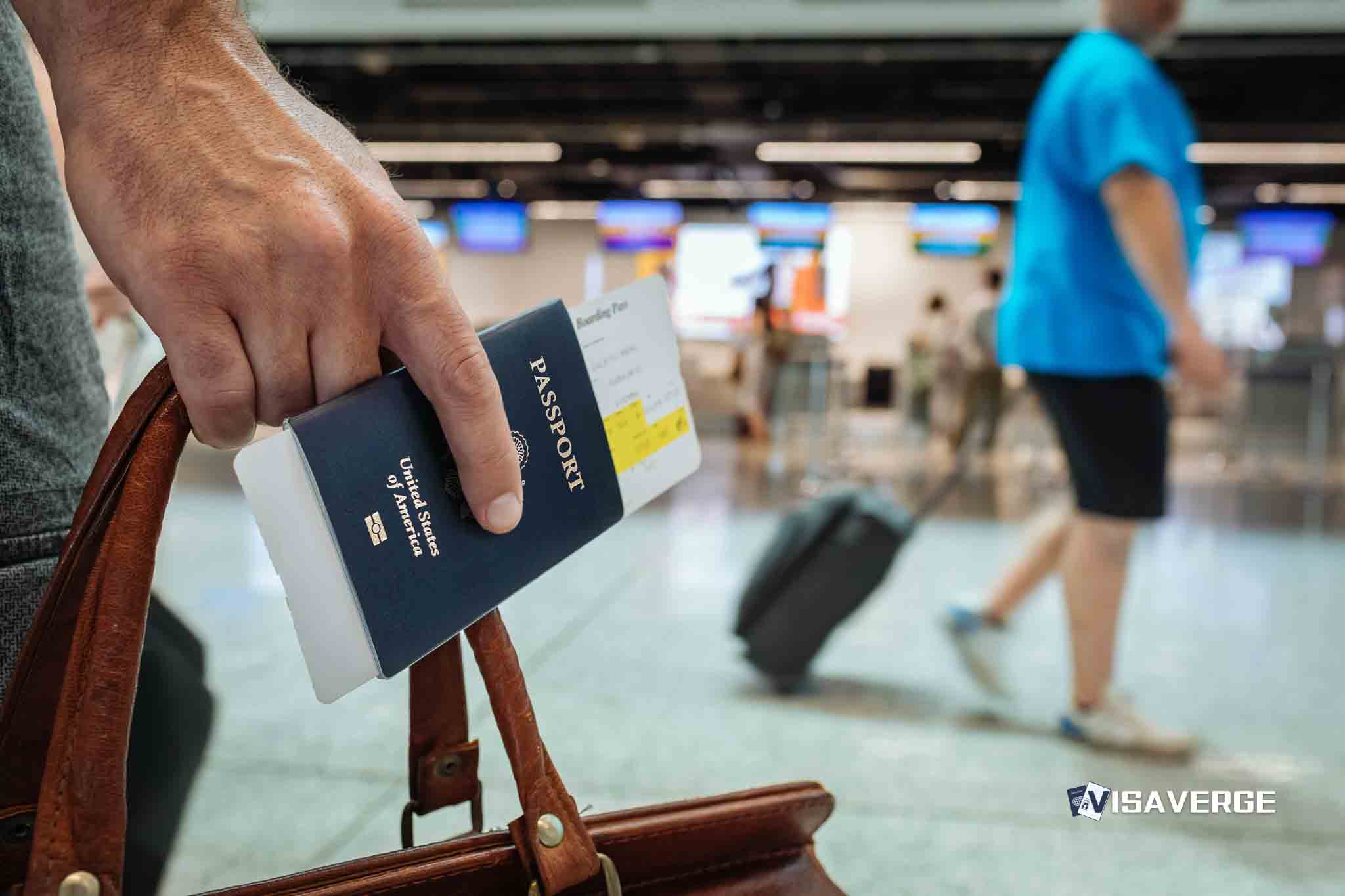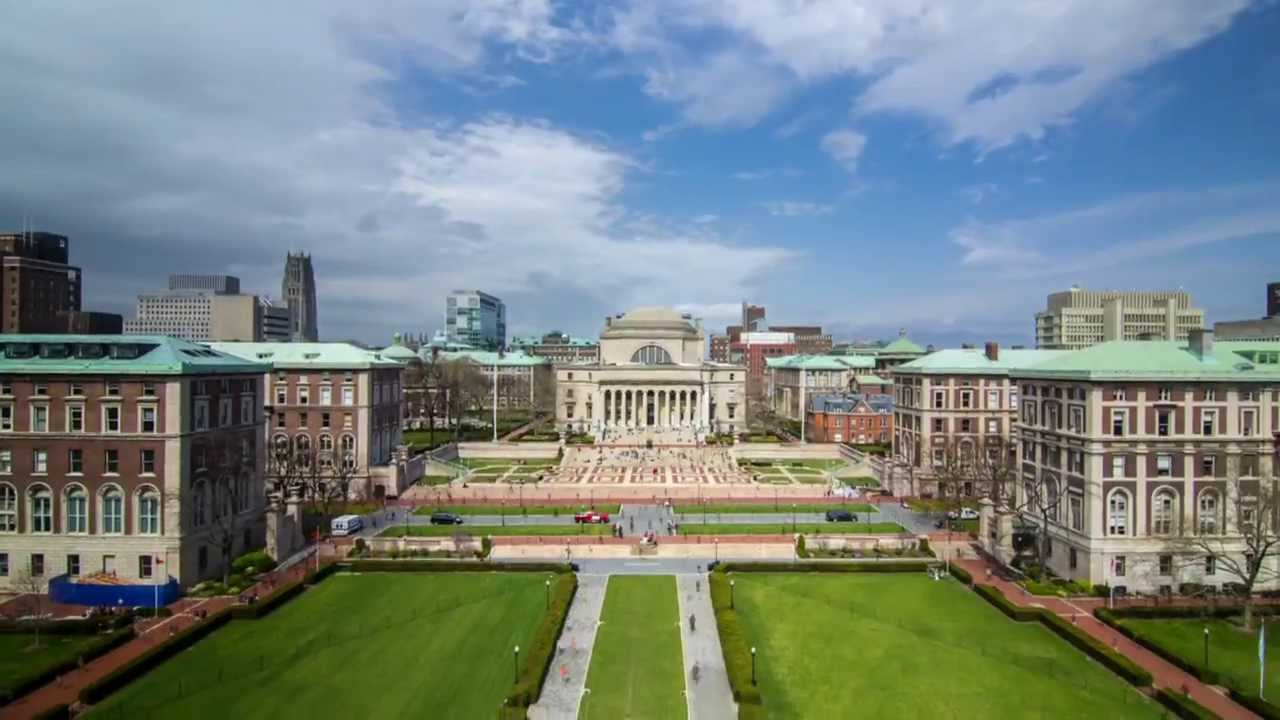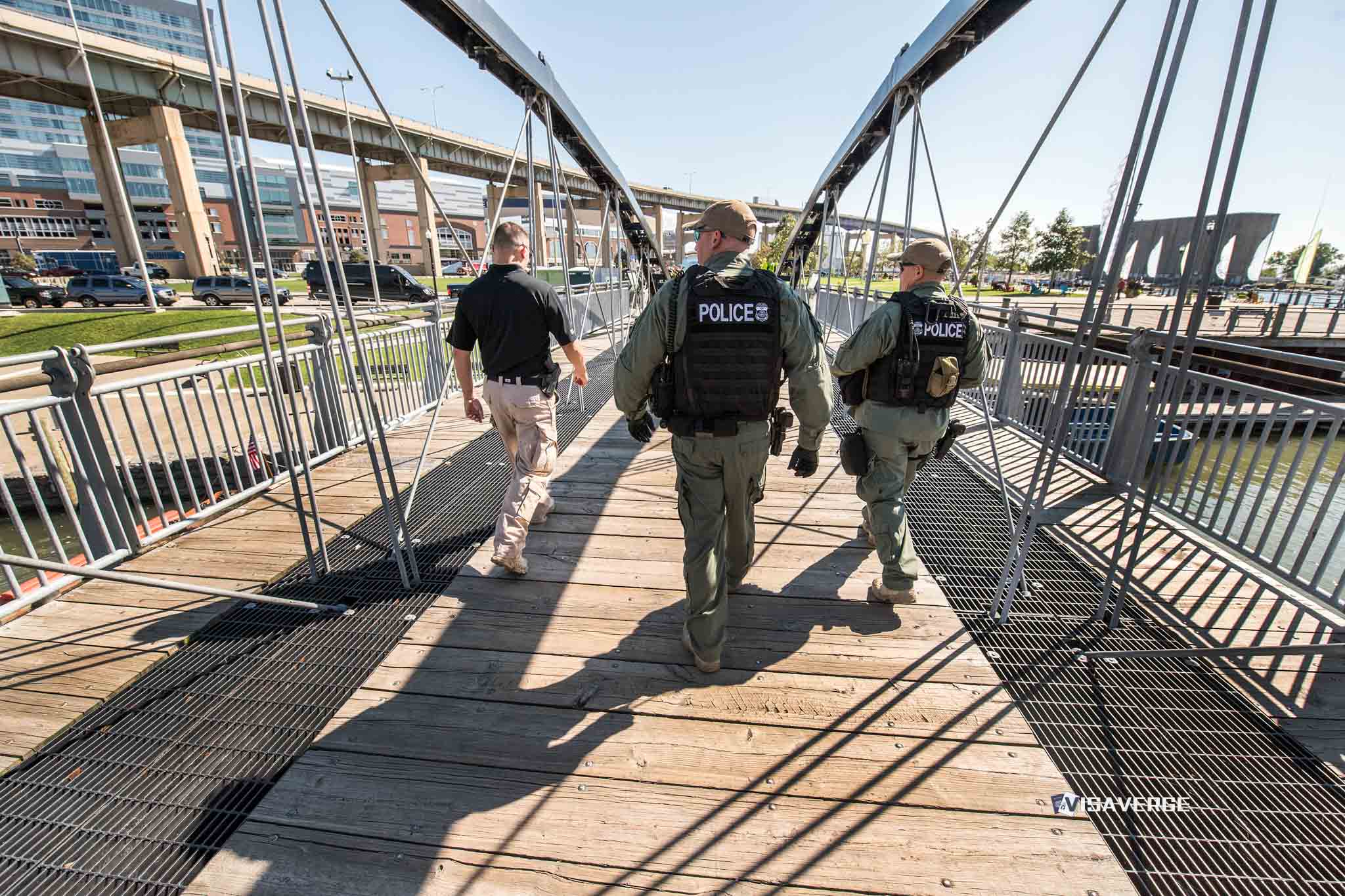The Trump administration on Thursday, November 27, 2025, ordered a sweeping review of all green cards held by nationals from 19 countries it labels “of concern,” deepening what critics call an immigration crackdown and raising alarm among permanent residents who have lived in the United States 🇺🇸 for years. The move, announced by U.S. Citizenship and Immigration Services (USCIS) Director Joseph Edlow, will cover every lawful permanent resident from those countries, regardless of how long ago they obtained their status.
Officials said the reassessment would begin immediately, though they gave no timeline for completion or details on how many people could be affected.

What the administration announced
“I have instructed a comprehensive and thorough review of every Green Card held by every individual from countries of concern,” Edlow said in a statement, stressing that the administration viewed the step as a security measure rather than a routine audit.
According to the administration, the 19 countries fall under a June 4 proclamation signed by President Trump, which set out new entry restrictions and placed governments on notice over what the White House described as weak identity-management and security practices. The decision to reopen already granted permanent residency cases goes well beyond past vetting efforts, which typically focused on new visa applicants or recent arrivals.
“The safety of this nation and its citizens is of utmost importance, and the American populace will not shoulder the burden of the previous administration’s irresponsible resettlement strategies. American security is non‑negotiable,” Edlow said.
Which countries are affected
Officials divided the list into two groups: one facing complete entry prohibitions and another subject to partial restrictions.
- Complete entry prohibitions (12 countries):
- Afghanistan
- Chad
- Republic of Congo
- Equatorial Guinea
- Eritrea
- Iran
- Libya
- Somalia
- Sudan
- Yemen
- Partial restrictions (7 countries):
- Burundi
- Cuba
- Laos
- Sierra Leone
- Togo
- Turkmenistan
- Venezuela
Some temporary work visas and limited categories remain possible for nationals of the seven partially restricted countries under the June proclamation, but people from all 19 countries who already hold green cards will still be pulled into the new review.
Immediate trigger and sequence of events
The immediate trigger for the policy shift was a shooting in Washington, D.C., on Wednesday, November 26, 2025, that left two members of the West Virginia National Guard critically injured. Authorities identified the suspect as a 29‑year‑old Afghan national who had been granted asylum in April 2025 but had not obtained permanent residency.
By Wednesday evening, USCIS had already halted all immigration applications from Afghan nationals with immediate effect, a freeze that preceded the broader move announced the following day. The swift series of decisions underscored how quickly a single violent incident can reshape federal policy affecting thousands of people.
Administration rationale and related actions
Edlow tied the decision directly to what he described as failures by earlier administrations to properly screen migrants from conflict zones and fragile states. The June proclamation used similar language, saying the restrictions were needed to “protect the States from terrorists and national security and public safety threats.”
Supporters of President Trump say the review of green cards is a logical next step after tightening visas and refugee admissions.
Since taking office on January 20, 2025, the administration has also:
– Declared a national emergency at the Mexico‑U.S. border.
– Blocked many asylum seekers from presenting claims.
– Ended “catch‑and‑release” practices that allowed some migrants to await hearings outside detention.
– Suspended almost all refugee admissions and sharply reduced humanitarian programs.
– On January 29, 2025, signed the Laken Riley Act, which requires detention of immigrants charged with certain crimes.
Critics say these steps together form an immigration crackdown aimed not only at undocumented arrivals but also at long‑time residents with legal status.
Concerns from immigrant advocates and legal analysts
Immigrant advocates argue that reopening permanent residency cases after years risks tearing apart families and undermining trust in the legal immigration system. People who received green cards following background checks, medical exams, and interviews now face the prospect that officials may revisit old files and question decisions that were once final.
Legal analysts note:
– The government has the power to rescind permanent residency in certain cases.
– Large‑scale reviews are rare and usually tied to specific evidence of fraud or national security concerns — not broad categories based on nationality.
– According to analysis by VisaVerge.com, grouping people by country rather than individual conduct marks a sharp turn toward blanket measures rather than case‑by‑case judgment.
Practical impacts and questions
The review could affect daily life and long-term prospects for nationals of the 19 countries:
- Possible consequences:
- Loss of access to jobs
- Travel restrictions and extra questioning on return trips
- Complications for future citizenship applications
- Risks officials have not committed to but lawyers warn about:
- Past misstatements, minor criminal issues, or security “flags” drawing far harsher scrutiny
- Some permanent residents may avoid traveling for fear of being placed into removal proceedings on return
USCIS already struggles with long backlogs in naturalization and other benefits. A full reassessment of permanent residents from 19 countries could drain staff time from everyday processing. The agency has not released figures for how many people could be swept into the review, but advocates expect the number to be in the tens of thousands.
People concerned about their status are being urged by attorneys to prepare documentation:
1. Gather copies of old applications.
2. Collect travel records.
3. Compile tax documents.
4. Be ready to respond to new government requests or appear at fresh interviews.
Official guidance and legal framework
For those checking the basics of their status, the official USCIS Green Card resource at uscis.gov/green-card remains the main government guide on lawful permanent residency.
- The site currently does not describe the new review in detail.
- It explains rights and responsibilities of permanent residents and outlines how status can be lost through:
- Abandonment
- Fraud findings
- Certain criminal convictions
Lawyers say this existing framework will likely serve as the legal backbone of any moves to revoke or challenge green cards for people from the affected countries, even as political messaging drives the public debate.
Responses and community reaction
The administration’s supporters argue critics are overstating the risk to innocent residents, insisting that honest applicants with clean records have nothing to fear from extra vetting.
Opponents respond that such assurances ring hollow after years of aggressive enforcement and repeatedly tightened rules. For Afghans, Iranians, Somalis, Yemenis, and others on the list of 19 countries, the combination of halted applications, travel restrictions, and now a full review of existing green cards sends a clear signal that their status is more fragile than they once believed.
Many community groups report they are already fielding calls from frightened families who worry that a job loss, a traffic stop, or a paperwork error could now carry much higher stakes.
USCIS announced an immediate, comprehensive review of green cards held by nationals of 19 countries identified in a June proclamation. The move, ordered by Director Joseph Edlow, follows a November shooting involving an Afghan asylum recipient and includes 12 countries with complete entry bans and seven with partial restrictions. Advocates warn of travel, employment, and naturalization impacts for potentially tens of thousands; USCIS has released no timeline or scope details.








